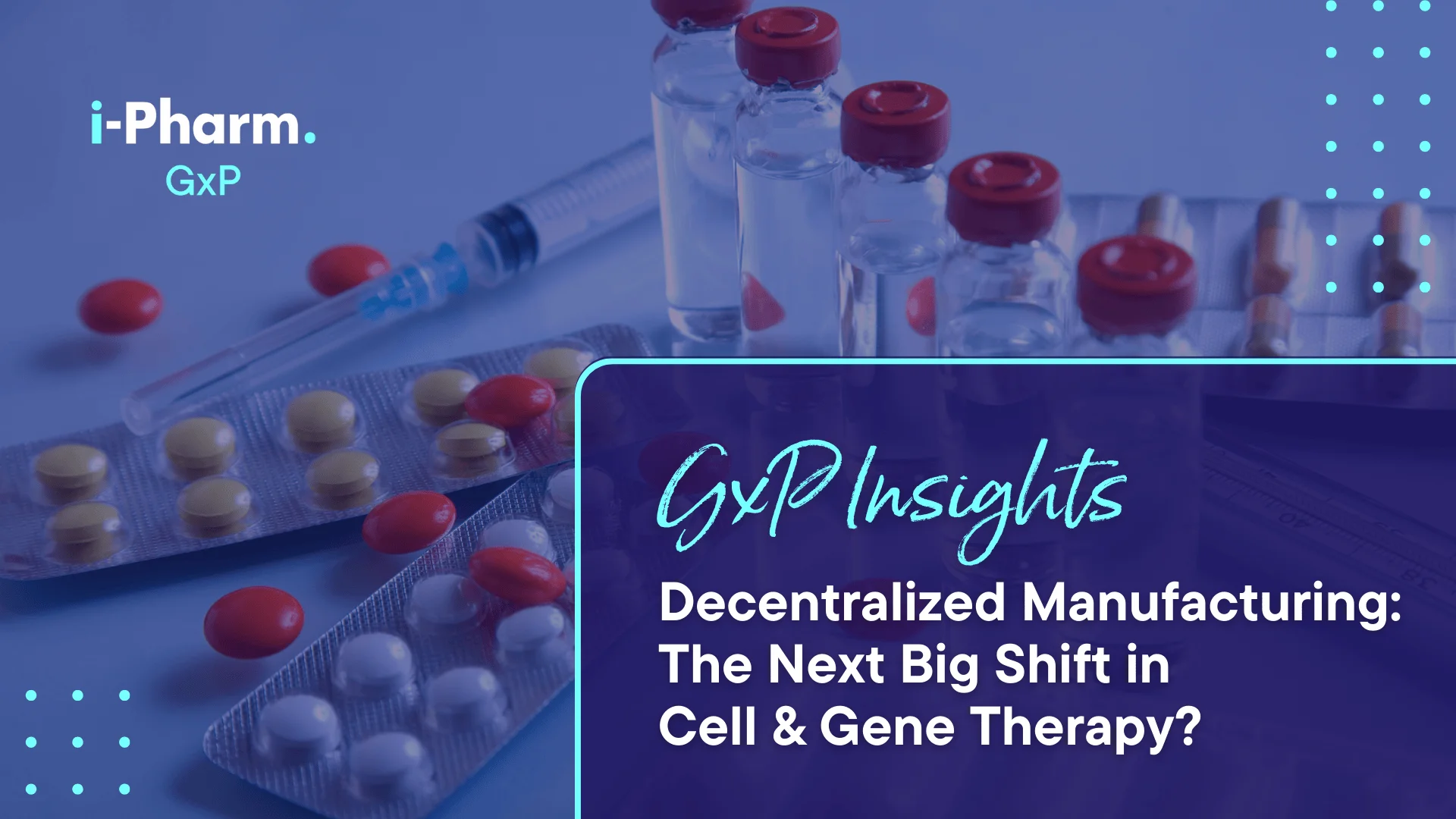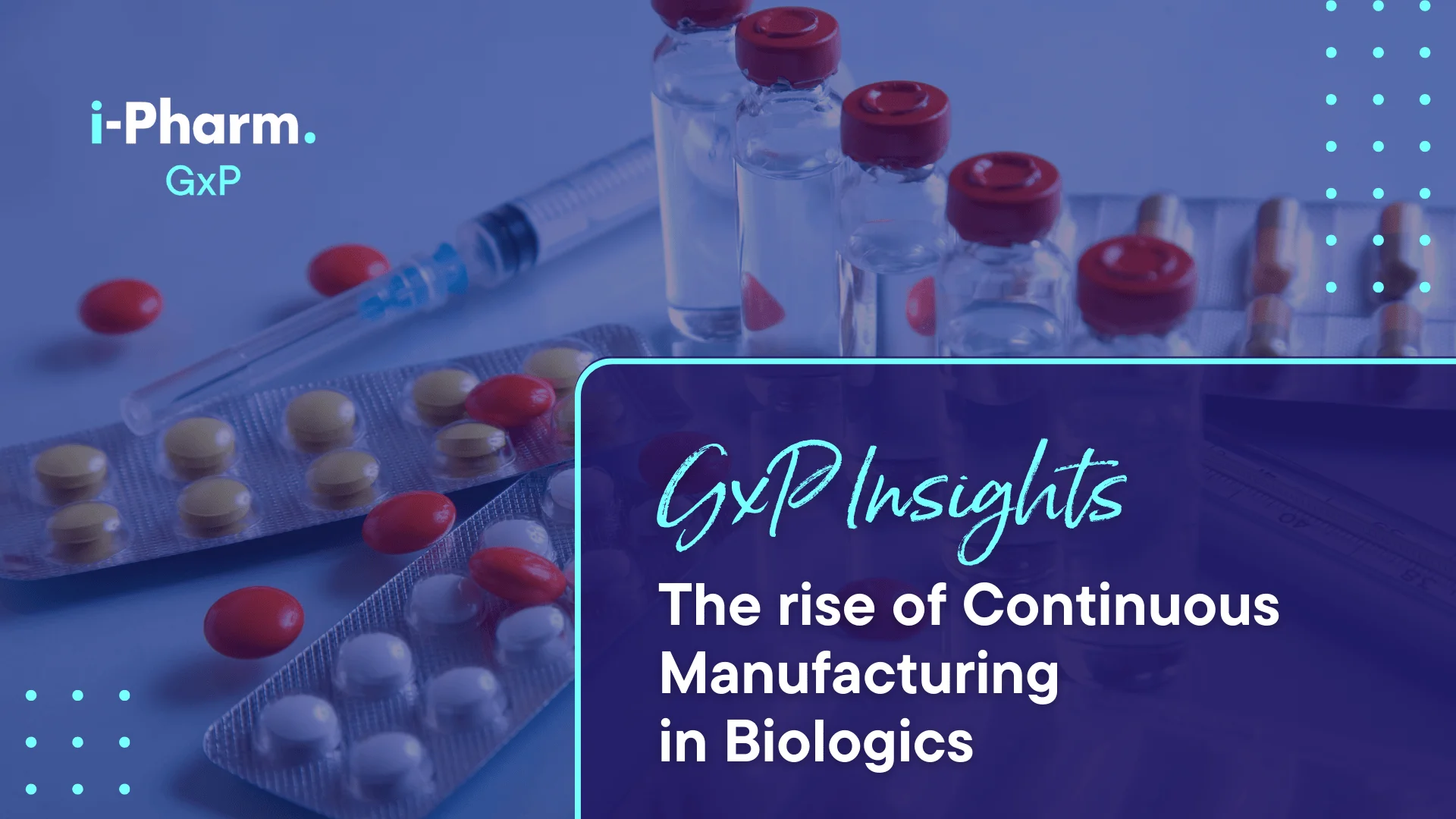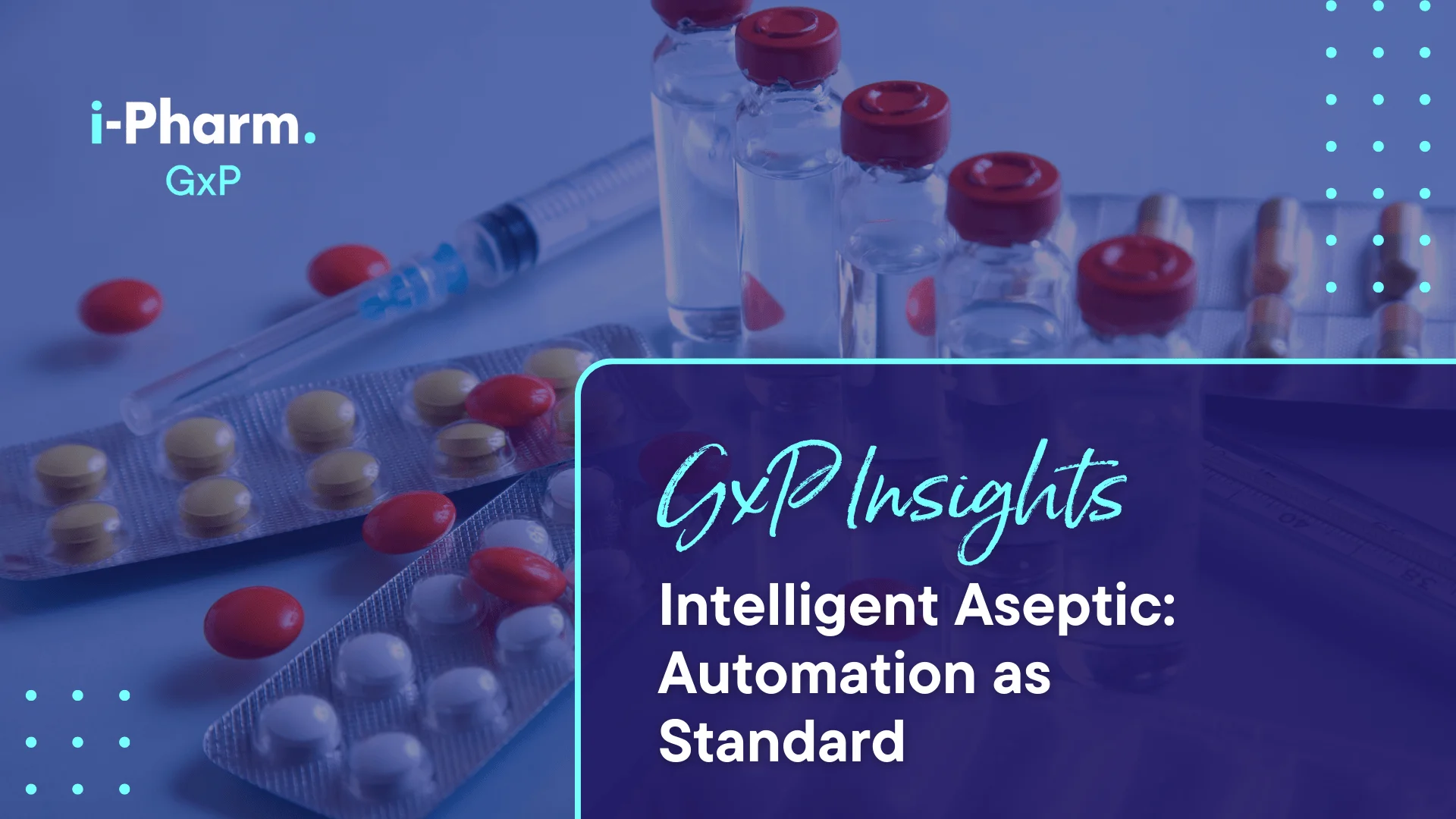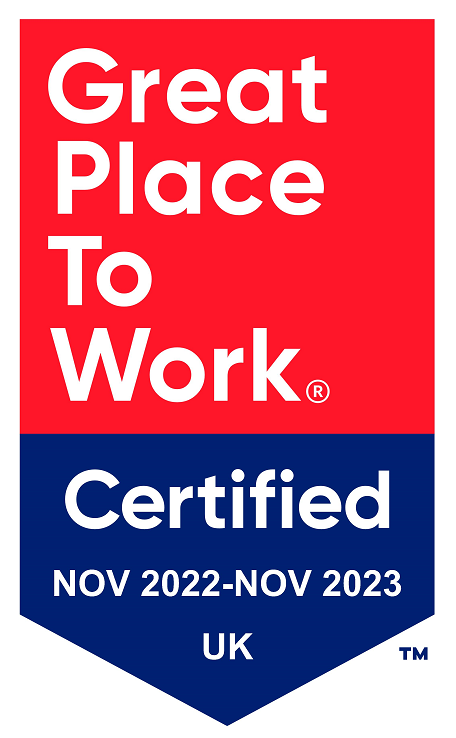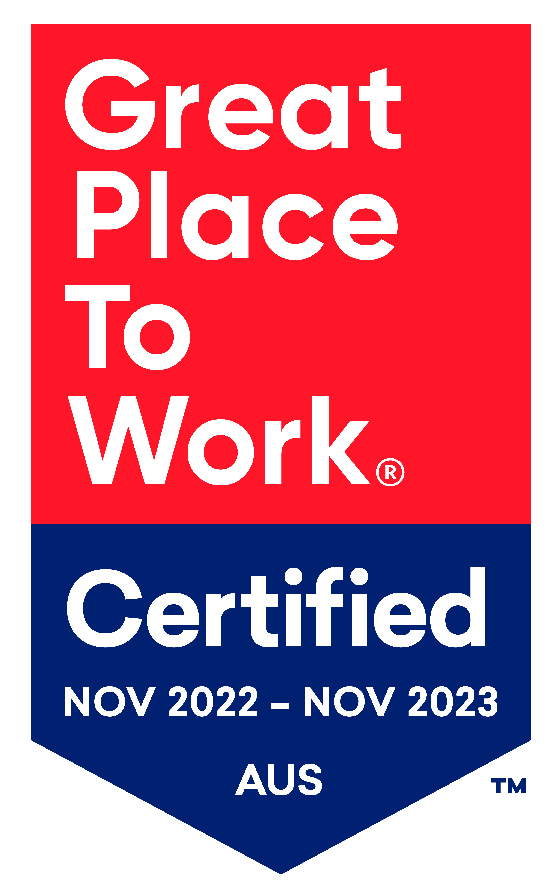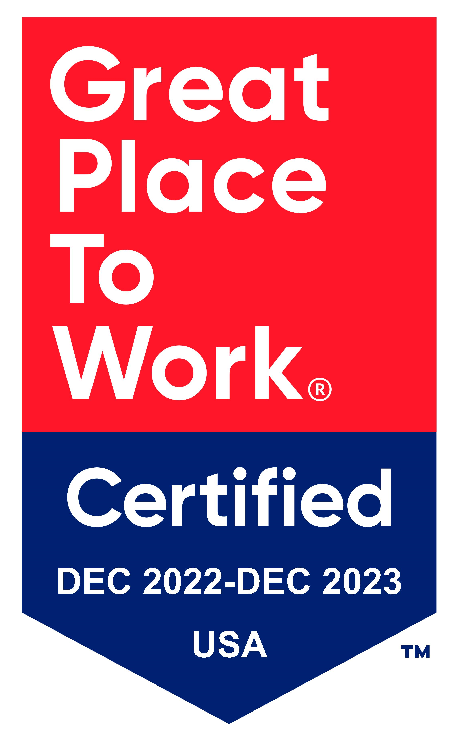GxP Insights: the Rise of Smart, Connected Combination Products
17 Jul, 202510 minsExplore our monthly GxP industry insights newsletter, tailored for professionals in Medical ...
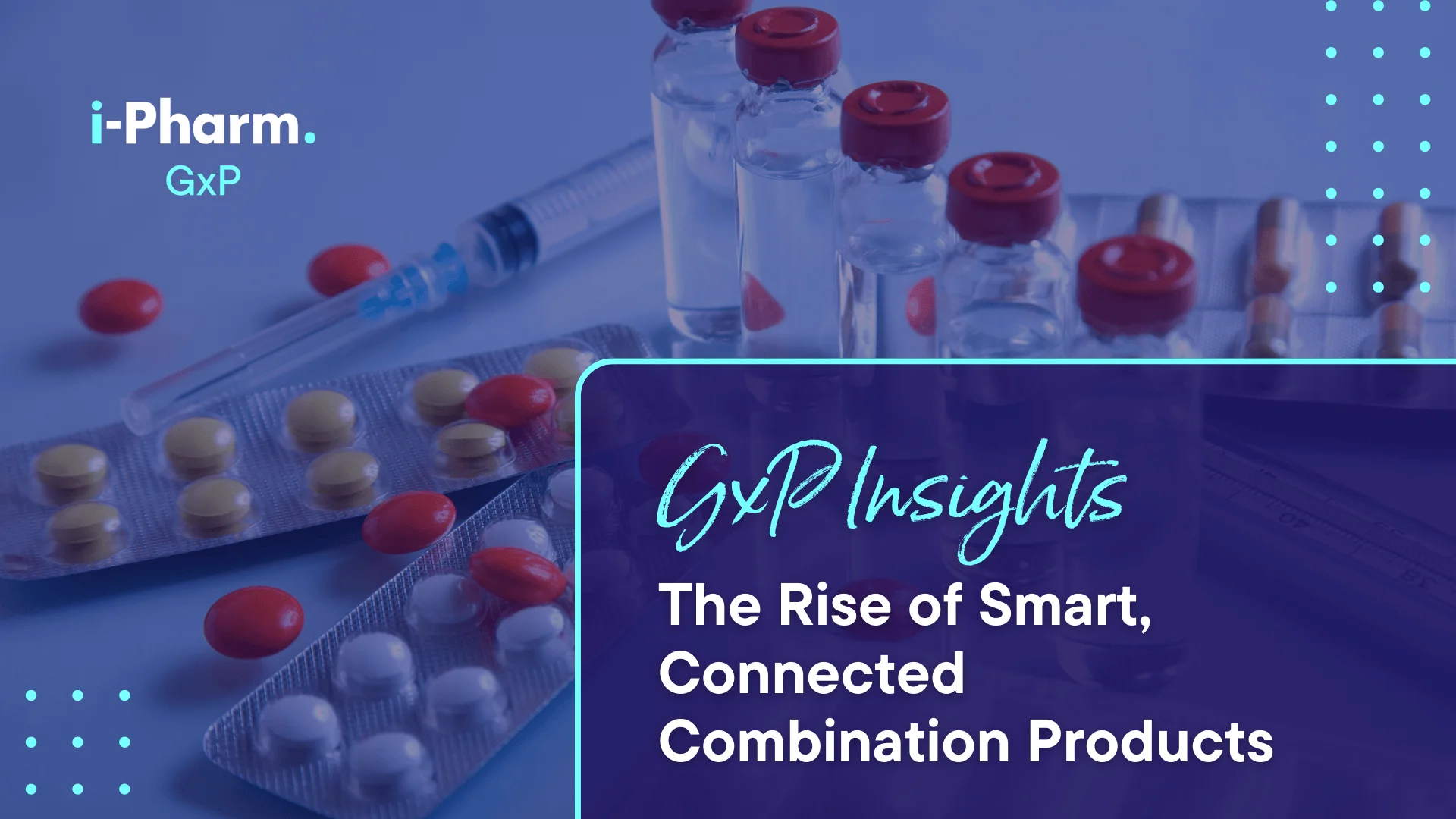
Explore our monthly GxP industry insights newsletter, tailored for professionals in Medical Devices, Biologics, Cell & Gene Therapy, and Sterile/Aseptic Manufacturing.
Each edition delivers into a key topic within your industry, including expert perspectives, and career insights to help you stay ahead.
What you can expect:
- Industry News: Stay updated with the latest developments, trends, and breakthroughs in your field.
- Career Tips: Enhance your career with advice on skills, networking, and job opportunities tailored to your field.
The Rise of Smart, Connected Combination Products
The global drug device combination products market is valued at $243.02 billion in 2025, projected to reach $379.17 billion by 2030, reflecting a steady CAGR of 9.3%. Meanwhile, the connected drug delivery devices market is growing even faster, from $1.59 billion in 2025 to $7.31 billion in 2030, at a 35.67% CAGR.
This signals rapid momentum behind smart, connected combination products, driven by the rise of chronic diseases, growing demand for remote monitoring, and a healthcare shift toward self-administered therapies. This is especially important for ageing populations, but is becoming increasingly relevant across broader patient groups and conditions.
Industry leaders are stepping up. Becton Dickinson (BD) is advancing drug delivery with connected autoinjector prototypes that combine their trusted UltraSafe Plus™ needle guard with smart features like Bluetooth connectivity, capturing real-time data such as injection timing, duration, and completion confirmation.
Connected devices like RebiSmart® (Merck), BETACONNECT™ (Bayer), Proteus Discover (Proteus Digital Health, Inc), Adherium’s Hailie™ (formerly SmartInhaler™), and Propeller Health’s sensor help track dosing, send reminders, and improve communication between patients and clinicians. These innovations have demonstrated improved adherence and reduced hospitalizations in chronic conditions.
Injectable care has also become smarter, with connected autoinjectors like Elcam’s FlexiQ eMU-P offering safe, hands-free use alongside real-time feedback and better usability.
Together, these products are reshaping patient care, particularly in chronic disease and oncology, by improving adherence, safety, and the overall treatment experience.
Regulatory & Design challenges: navigating complex requirements
As combination products gain prominence, they bring regulatory demands that require fresh approaches to design, validation, and quality systems.
The FDA’s Office of Combination Products now offers several guidance documents in key areas, including human factors engineering, risk analysis, and compliance policies, to help companies align with new expectations.
In response, many are shifting away from device-centric compliance toward integrated, risk-based quality systems tailored for combination products. With the FDA’s new Quality Management System Regulation (QMSR), manufacturers must incorporate risk management across the entire product lifecycle. That means harmonising design controls, validation protocols, and post-market surveillance to account for how drugs and devices interact in real-world use.
Here’s how companies are adapting in practice:
- Janssen (Johnson & Johnson) applies integrated design processes that link drug delivery performance to usability outcomes, using use-related risk assessments across development workflows to strengthen patient safety.
- Becton Dickinson engages cross-functional teams, including R&D, regulatory, medical affairs, and human factors, early in development to integrate usability and risk controls across both the drug and device components of combination products.
- Medtronic uses real-world performance data and product analysis to continuously update its evaluations and product designs, feeding field insights back into development and surveillance systems.
Together, these examples show how companies are adapting fast to meet the complex demands of modern combination products.
Innovation hubs & in-demand talent
Home to powerhouse life science companies, states like New Jersey, Massachusetts, and Minnesota are leading the way in smart, connected combination products and the rise in demand for skilled talent.
New Jersey houses global leaders like Johnson & Johnson, Becton Dickinson, and Bristol Myers Squibb. With new investments like the upcoming 30,000-square-foot innovation hub at HELIX NJ, the state is deepening its biotech-medtech capabilities.
Meanwhile, Massachusetts expands its reach through the $500M Life Sciences 3.0 Initiative, shifting the focus from discovery to biomanufacturing and connected therapies.
Anchored by Medtronic and Boston Scientific, Minnesota’s medtech sector is evolving by embedding connectivity into legacy devices and expanding its role in combination product development.
In-demand skills across these hubs include:
- Combination product QA and risk management
- Design control and validation engineering
- Regulatory affairs with FDA combination product expertise
- Human factors and usability testing
- Embedded systems and device software development
- Validation and real-time data integration
- Digital health analytics and post-market surveillance
As innovation accelerates, these areas continuously drive product development and shape the future workforce at the intersection of biotech, medtech, and digital health.
At i-Pharm GxP, we work alongside leading life sciences companies shaping what’s next, supporting their developing needs. If you are passionate about the future of life sciences and want to explore opportunities in this field, we’d love to hear from you.
Get in touch to discuss opportunities within this industry, or connect with one of our experts to explore your next move.
Found these insights helpful? Be sure to share them on LinkedIn and follow us for monthly updates and exclusive industry insights.
Subscribe to our newsletter and get the latest insights delivered straight to your inbox.

